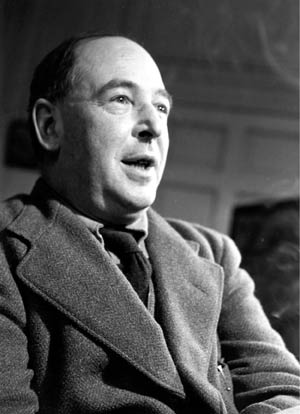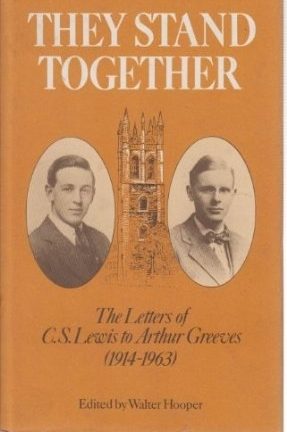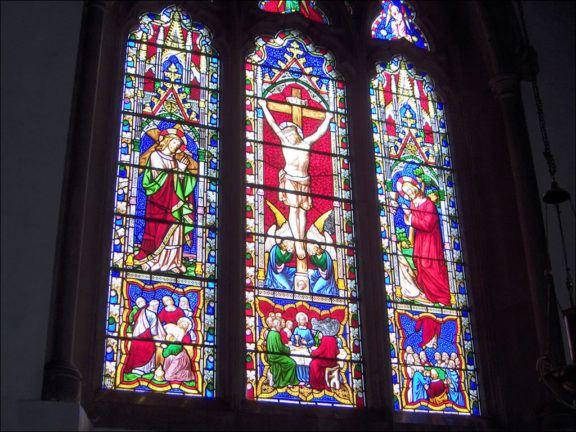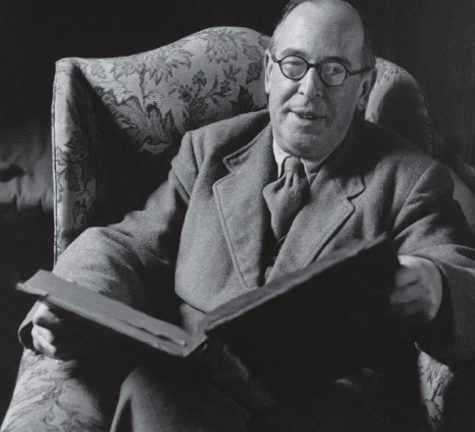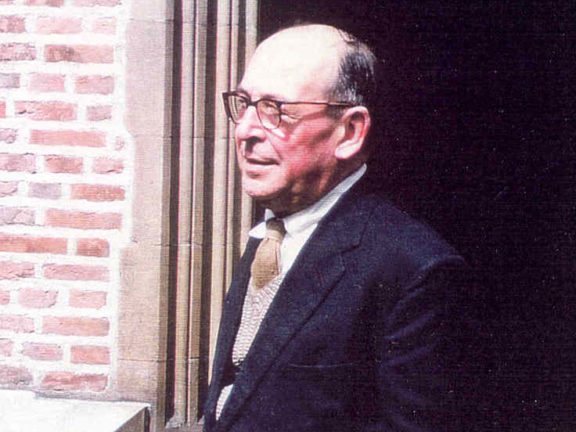Heavenly Reality
We imagine images such as the one above: ethereal, somewhat fanciful, perhaps. We really don’t know. We’re so tied to this world; our imaginations are so limited. C. S. Lewis described it this way in his Mere Christianity: Most of us find it very difficult to want “Heaven” at all—except in so far as “Heaven” means meeting again our friends who have died. One reason for this difficulty is that we have not been trained: our whole education tends to… Read more »


